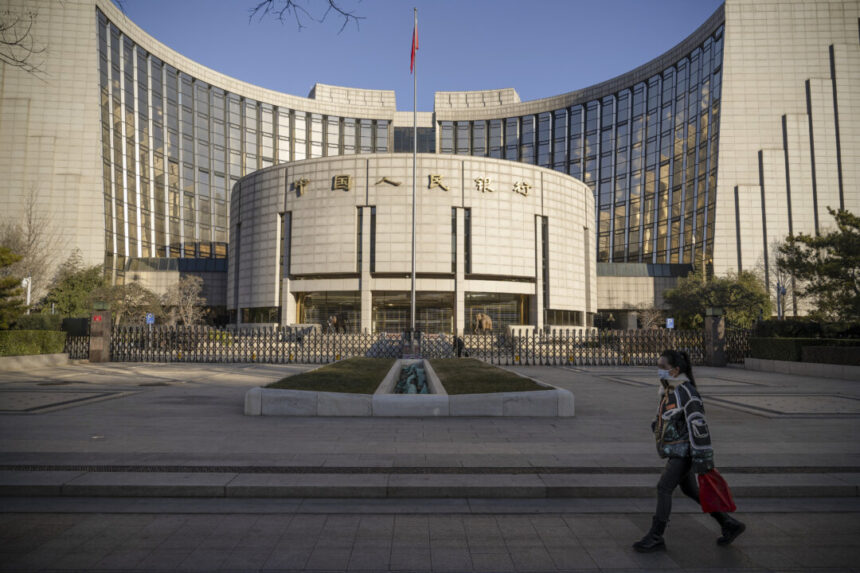Commentary
In a sudden and possibly desperate attempt to revive a faltering economy, the People’s Bank of China (PBOC) has slashed interest rates. This move may only provide temporary relief while potentially worsening long-term issues.
The central bank’s recent interest rate cuts aim to alleviate this pressure by making borrowing cheaper for both developers and homebuyers, hoping to boost investor confidence. By lowering borrowing costs, the PBOC aims to encourage more investment in real estate and other sectors, thereby stimulating economic activity. However, home prices in China are extremely high, and a decrease in interest rates may not be enough to persuade citizens to dramatically increase house purchases. Without a sharp increase in home purchases, property firms will still face large amounts of debt, and banks will continue to hold a portfolio of potentially distressed loans.
The rate cuts will have mixed impacts on the United States and other foreign countries. In a market economy, a currency would typically lose value after a rate cut, but the yuan, trending downward for eight years, is only partially exposed to market forces. The impact will depend on the central bank’s actions to defend the yuan. If it allows the currency to weaken, China’s export volume could increase. However, the total value of these exports in dollar terms may not rise proportionally, as each unit would earn fewer dollars.
Lower interest rates in China typically make fixed-income investments, including Chinese government bonds, less attractive due to reduced returns. This might prompt investors to shift their capital to markets with higher yields, such as U.S. Treasury securities.
Additionally, since the yuan accounts for less than 3 percent of global foreign currency reserves, a weaker yuan and lower interest rates will likely discourage central banks from increasing this percentage. Central banks prefer stable or appreciating currencies and higher returns, making the yuan less attractive. Consequently, the rate cuts will slow CCP leader Xi Jinping’s dream of internationalizing the yuan.
The PBOC’s decision to cut deposit rates aligns with the CCP’s broader policy of stimulating growth and addressing structural economic issues. However, rate cuts are unlikely to save China’s economy. While they aim to boost activity by lowering borrowing costs and encouraging spending, the relief will be temporary.
China’s economy faces significant structural challenges, such as high debt, an aging population, and a struggling real estate sector, which require more than just monetary adjustments. Weak consumer and business confidence will still hinder recovery despite lower interest rates. Additionally, global economic factors, including trade tensions and geopolitical risks, impact China’s outlook, and rate cuts alone cannot address these issues.
Views expressed in this article are opinions of the author and do not necessarily reflect the views of The Epoch Times.
Please rewrite this sentence.
Source link








